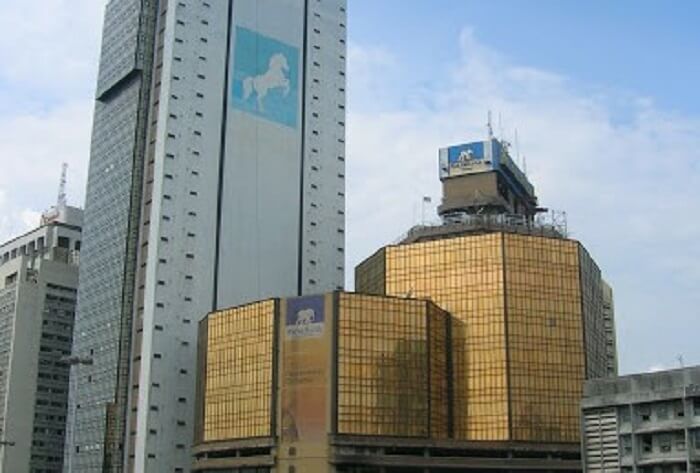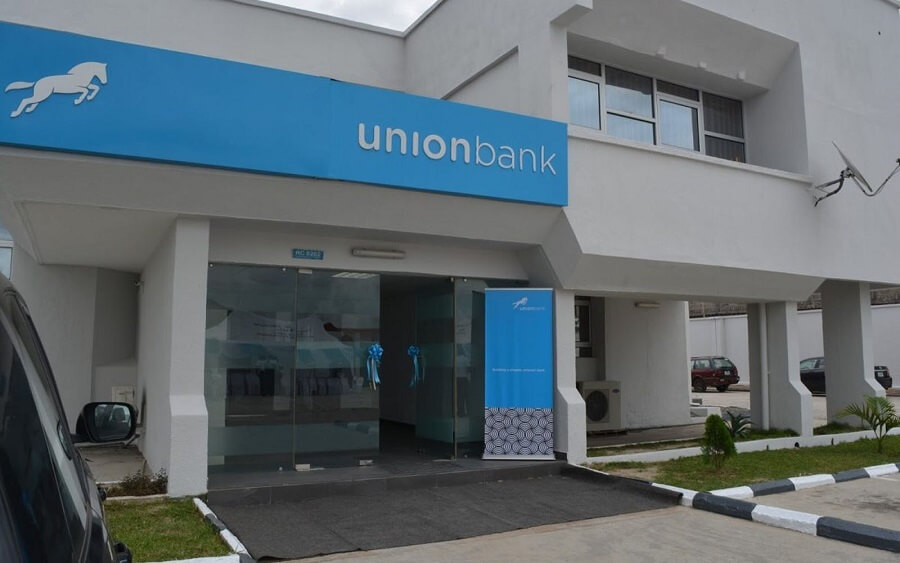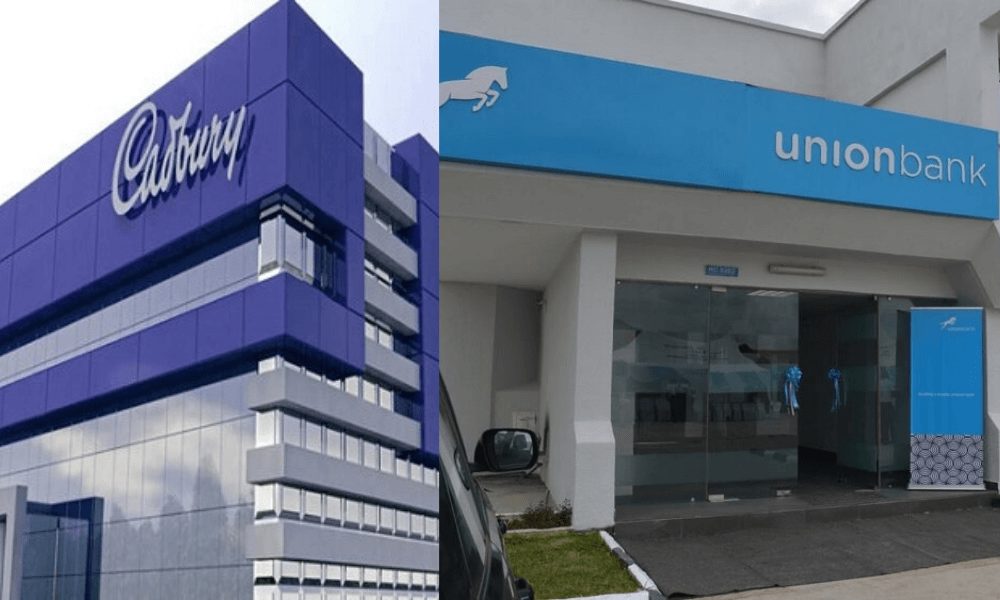The bank looks to the Supreme Court to upturn the judgment made by the appeal court.
In the Union Bank’s ‘assessment of contingent liabilities’ contained in its 2022 financial report, obtained, the bank admitted the “matter was considered to be a key audit matter due to the size of the potential liability.”
The bank said no provision was made for the N1.49trn judgment liability which is more than half of the lender’s N2.79trn total asset.
Union Bank said, “The Bank is involved in various legal actions in the ordinary course of business, which has resulted in contingent liabilities amounting to N1.497 trillion as of 31 December 2022 (2021: N1.98 trillion).
“The most significant is a case with a total claim of N1.495 trillion (2021: N1.54 trillion) in which judgment had been awarded against the Bank and other co-defendants by a Federal High Court in prior years. The Bank appealed against the judgment, which is currently pending before the supreme court.”
Union Bank is also facing $15bn judgment debt awarded against it by a Federal High Court.
The court had in 2014 awarded the sum of £2.550 billion with 15 per cent interest yearly to Petro Union Oil and Gas Company Limited (Petro Union).
The case began in 1994 when Petro Union procured a cheque from a branch of Barclays Bank in the UK with a value of £2.556 billion and presented it at one of Union Bank’s branches in Lagos.
Petro Union claimed that it planned to construct some refineries and establish a bank with the money.
Union Bank however took the cheque and refused to give Petro Union the money.
The bank said, “In the case of Petro Union, while the Bank’s appeal was pending before the Supreme Court, its application for leave to amend its notice of appeal, to appeal on grounds of mixed law and fact, and to extend the time to apply for leave was dismissed.
“The Bank subsequently filed another application seeking the leave of the Supreme Court to appeal the judgment of the lower court. On 22 December 2021, the Supreme Court unanimously granted leave to the Bank to appeal the judgment of the Court of Appeal and to file its Notice of Appeal. The Bank filed an appeal on the 5th May 2022, but the Court is yet to fix a date for hearing after initial adjournment.”
Union Bank, Cadbury Shares Slide Amid #EndSARS Memorial Protest
The protest was in commemoration of the famous demonstration against police brutality on October 20, 2020.
Although the market reacted positively to the protest which was held in Lagos, Abuja and Ibadan among other states, some stocks reacted adversely.
Market Capitalisation on the Nigerian Exchange Limited rose from N21.471.8bn to N21.53bn, while All Share Index improved 0.26 per cent to 41,249.71, from 41,144.67.
The NGX Group topped the gainers chart with market price growing from N19.50 to N21.45 (10 per cent), Glaxo Smith share price rose 6.87 per cent from N6.55 to N7 and First Bank Holdings improved by 3.83 per cent to N12.2 from N11.75 recorded on Monday.
First bank led trades by volume at 147.6 million units, E-Tranzact International followed with 105.2 million units and ACCESS was 27.9 million units.

Nigerian Banks Becoming Vulnerable To High Credit Risk- Moody’s
Banks rated B are considered speculative and are subject to high credit risk. The obligations rated B2 are considered speculative and are subject to high credit risk. Rating one notch higher is B1, while rating one notch lower is B3.
In a report seen, Moody’s rated First Bank of Nigeria Limited B2 deposit ratings.
It said, “First Bank’s B2 long-term deposit ratings incorporate a one notch uplift of government support from its b3 Baseline Credit Assessment (BCA).
“First Bank’s BCA reflects its reducing but still-high asset risk and modest capital buffers compared to its peers as well as the bank’s stable deposit-based funding profile and high stock of liquidity assets.”
Fidelity Bank Plc also received B2 long-term deposit ratings incorporate a one-notch uplift from its b3 baseline credit assessment.
“Fidelity’s b3 BCA reflects the bank’s vulnerability to high asset risks due to its large proportion of foreign currency-denominated loans, a relatively tighter funding profile as reflected by its high loans-to-deposit ratio, and moderate profitability compared to its domestic peers. These challenges are moderated by the bank’s satisfactory capitalization,” said Moody’s.
First City Monument Bank Limited was rated B2. Moody’s said the B2 long-term deposit ratings incorporate a one-notch uplift of government support from the bank’s b3 baseline credit assessment.
It said, “FCMB’s b3 BCA reflects its high asset risks driven by its high single-name and sector concentrations, and its modest profitability compared with those of its top-tier domestic peers.
“These challenges are moderated by the bank’s stable retail deposit-based funding structure as well as good local currency liquidity buffers.”
Moody’s also rated Union Bank of Nigeria Plc B2 reflecting the bank’s high risk loans and credit concentrations.
Moody’s said, “Union Bank of Nigeria Plc’s (Union) B2 long-term deposit ratings reflect its B3 baseline credit assessment (BCA) as well as a one notch uplift based on Moody’s assessment of a high probability of support from the Government of Nigeria in case of need.
“Union’s B3 BCA reflects the bank’s sound capitalization, stable deposit-based funding and solid local currency liquidity supported by the bank’s retail deposit franchise.
“However, these strengths are moderated by the challenging operating environment in Nigeria, combined with the bank’s high problem loans and elevated credit concentrations.”
THE WHISTLER
 DailyrecordNg …Nigeria's hottest news blog
DailyrecordNg …Nigeria's hottest news blog










